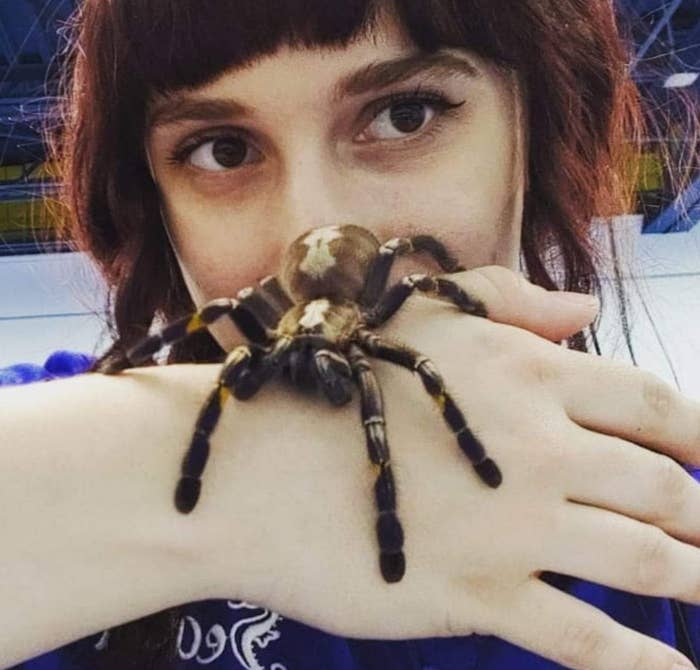Apart from trolling it for material for the blog, I don’t
really spend a lot of time on Facebook, and I rarely post anything on my own
wall. I don’t have Twitter or
Instragram, and I’m still only vaguely aware of what TikTok is. I’m not so crotchety and anti-tech, however,
to not realize how vitally important social media is to many people, including
members of our profession. Especially
now, when so many of us are forced to keep our distance from friends and
family, social media platforms are our windows into the world. They don’t always offer the best view.
There are endless stories of people getting in trouble for
things they’ve put on Facebook or Twitter which have turned around and bitten
them in the butt. Like any business,
zoos and aquariums are cautious of how their employees reflect upon them
online. Virtually every facility has
some sort of social media policy, dictating rules on what pictures can be
posted to what rules of appropriate behavior are. Every place has a different line for what is
deemed unacceptable. Maybe it’s a
controversial or offensive opinion, or some unprofessional conduct towards
others. Sometime it is work related. I had a very stern chat with a new keeper a
few years back after a few of her colleagues showed me pictures that she had
posted on her wall of her wearing one of coatis – a particularly unpredictable
old girl who had drawn her share of blood from keeper before – around her neck
like a mink throw.
Sometimes, it’s not.
This Woman Lost Her Job For Sharing Art Showing Lynched KKK Members Because A Colleague Felt "Harassed"

Madison Hartmann, 24, was an employee of the Utah branch of the SeaQuest Aquarium chain (not to be confused with the SeaLife Aquarium chain). I say “was” because Ms. Hartmann was fired recently over posts she made on Facebook in support of the Black Lives Matter movement, which depicted members of the Ku Klux Klan being hung from a tree. After a coworker saw the post, it was reported to HR. Ms. Hartmann later modified her privacy settings, removed any mention of her employer’s name from her profile, and posted something similar. This time, she was fired
It's worth noting that the debate has nothing to do with animals. If the keeper had posted something contradictory to the ethos of zoo and aquarium keeping, such as a picture of herself engaging in an act of animal cruelty or neglect, it would be a different conversation. Most of the ensuing discussion around this case has focused
on the fact that the art that was displayed did depict violence, but violence
towards a racist organization, with people wondering if SeaQuest’s management,
or at least the complaining coworker, had sympathies with the KKK. I have no idea. Maybe that coworker lost a relative to a
suicide by hanging or something along those lines, and the depiction of a
lynching was very upsetting to them for that reason. Who knows?
I’m not passing any judgement on the Facebook posts themselves. I’m just here to look at the policy:
Know your employer’s policy for social media. Adjust your content and privacy settings
accordingly. It doesn’t hurt to remember
that relationships with coworkers change – that you might be buddy-buddy and
sharing off-color jokes one month, and the next month you might be at each
other’s throats – only now your former-friend has a bucket-load of ammo to take
to HR.
That’s why on social media I tend to watch, read, learn,
observe… but seldom post. You can call it cowardice or censorship. I think of it more as self-preservation.
No comments:
Post a Comment